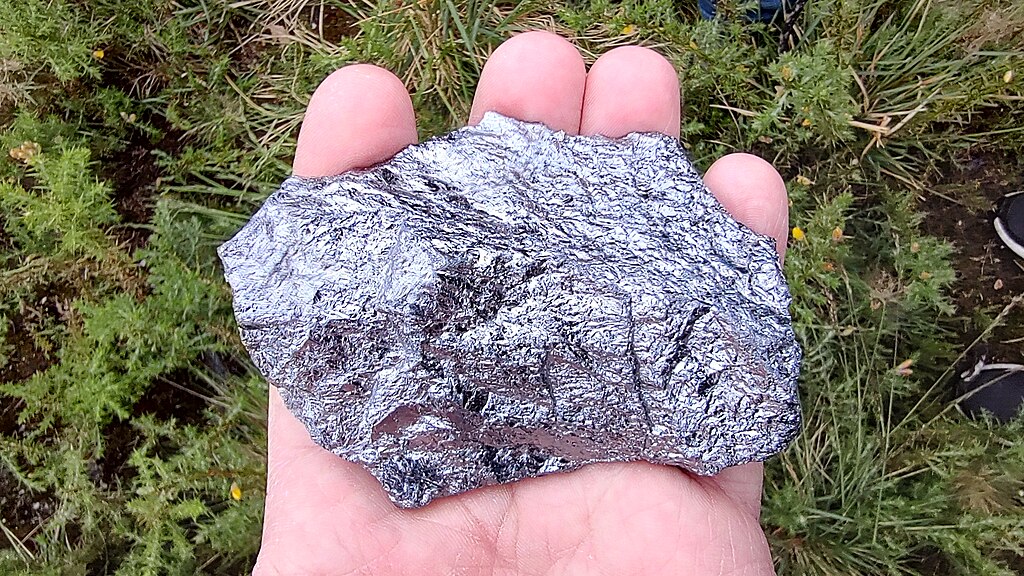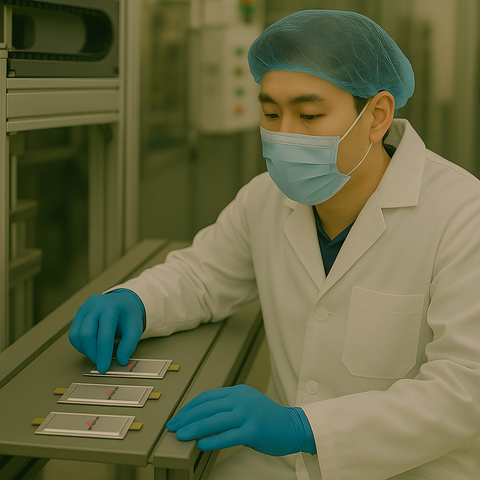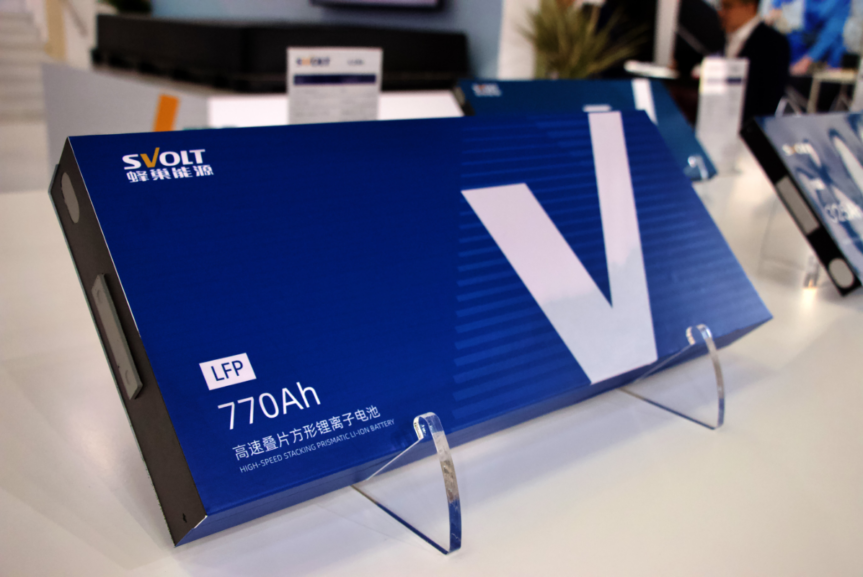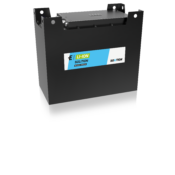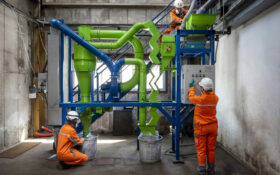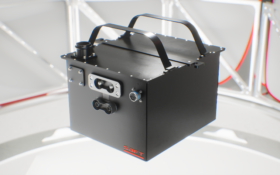A silicon producer claims the use of silicon metal would bring down the overall cost of EVs and help manufacturers overcome problems caused by global shortages of both natural and synthetic graphite.
Marco Levi, CEO of UK-based silicon maker Ferroglobe, stated in an interview with S&P Global Commodity Insights that from a material’s security perspective, choosing silicon instead of graphite was important because silicon is available in Europe and the US, whereas the industry is dependent upon China for the main source of graphite.
Currently, silicon use in batteries can replace about 2–3% of the graphite. But Levi claims increased use of silicon carbon composites could replace up to 30% of it. In addition, the use of silicon in batteries is expected to reduce the cost, improve performance and increase the distance between charging by up to 30%, compared to current EV battery technology.
In March, Ferroglobe and US-based battery tech company Corshell signed an agreement to produce the first battery-ready metallurgical silicon at a pilot plant for the development of high-range EV batteries. The proprietary technology features a “unique nanomaterial electrode coating” which is “flexible when the silicon metal swells and the lithium ions discharge, the coating contains the swelling of the silicon metal,” according to Levi. The material used for the batteries is micrometric silicon and is expected to be up to 99.995% pure.
The companies expect silicon use to increase battery energy storage by 10%, compared to those that just use graphite in the anode. They state that batteries account for about 30–40% of the cost of EVs, quoting the International Energy Agency’s 2022 Global Supply Chains of EV Batteries report.
Ferroglobe produces silicon metal, silicon and manganese- based alloys, and ferroalloys in the US, Europe and internationally. Their customer base is in solar, automotive, consumer products, construction and energy. It claims to be the largest western producer of silicon metal in the EU and North America.

